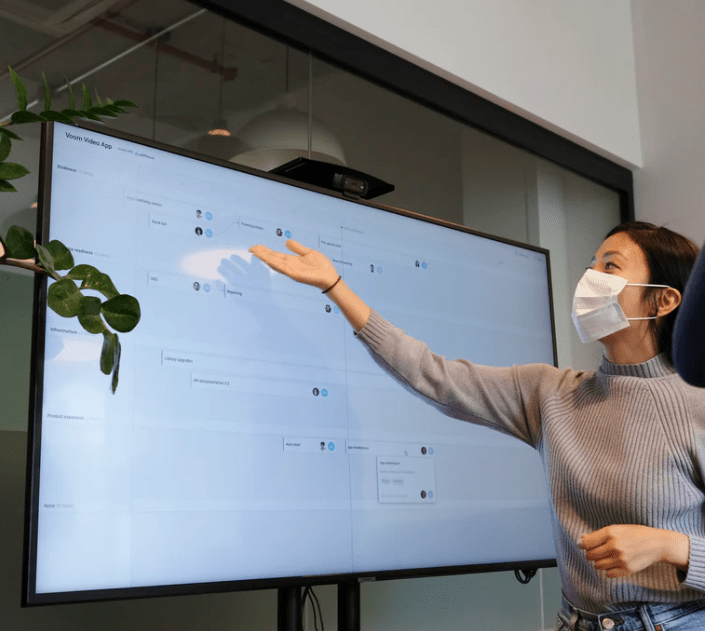
How to boost your next direct-to-employer presentation in health care benefits
In this blog post, we offer best practices for vendors preparing for “case study” presentations in the direct-to-employer context.
First of all, why case studies? Case studies are empirical inquiries that investigate a phenomenon in a real-world context.
